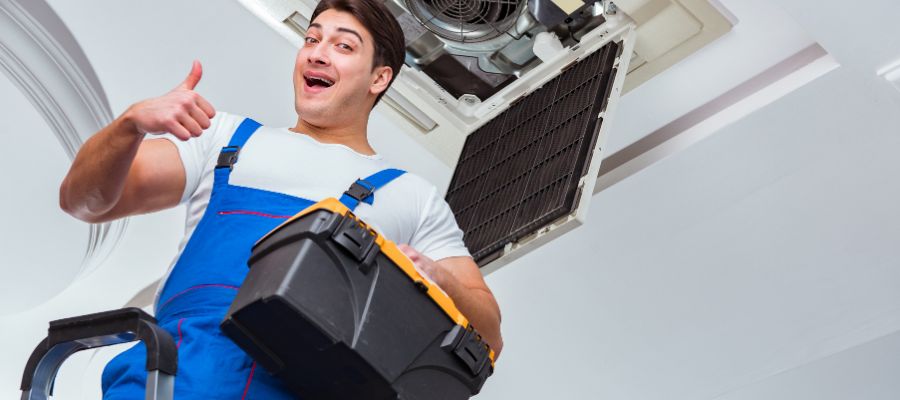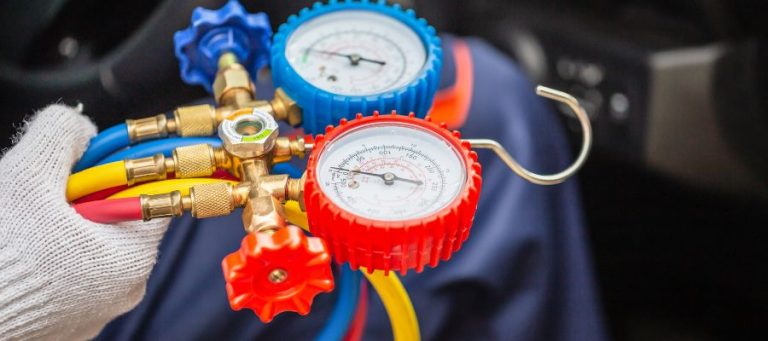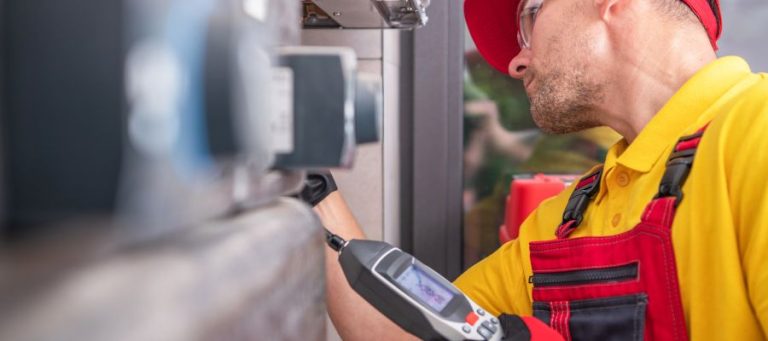

HVAC Services
Get Professional Repairs From The Area's Trusted HVAC Technicians. Ask About Our Services! We Offer Professional Heating & Cooling System Repairs And Guarantee Long-Lasting Results.
Got Question? Call us: (850) 678-2665Financing
Comprehensive Guide to HVAC Installation: Key Factors, Process, and Best Practices

As a homeowner or business owner, HVAC installation can be one of the most important investments you’ll make. Whether it’s installing a central air conditioning system or a comprehensive heating and cooling unit, understanding the complexities of HVAC installation is key to maximizing the comfort, energy efficiency, and lifespan of your system.
Introduction to HVAC Systems
HVAC, an acronym for Heating, Ventilation, and Air Conditioning, refers to the different systems used for moving air between indoor and outdoor areas, along with heating and cooling both residential and commercial buildings. A well-functioning HVAC system ensures a comfortable indoor environment, irrespective of the outside weather conditions.
Types of HVAC Systems
HVAC systems vary significantly, with options ranging from central air conditioning systems, ductless mini-split systems, and heat pumps, to radiant heating systems. The choice of system depends on several factors, including the climate, the size and type of the building, and the energy efficiency desired.
Central Air Conditioning Systems
These are the most common types of HVAC systems used in homes. They consist of an outdoor unit housing the air conditioner compressor, and an indoor unit often referred to as the air handler. Central systems require ductwork for air distribution.
Ductless Mini-Split Systems
As the name suggests, these systems do not require ductwork, making them an excellent option for homes without existing ducts or for additions to homes where extending ductwork isn’t feasible.
Heat Pumps
These versatile systems can both heat and cool a home. They’re especially efficient in mild climates but might require a supplementary heat source in colder climates.
Radiant Heating Systems
Radiant systems, often in the form of in-floor heating, offer a unique, efficient method for heating homes. They distribute heat directly from a hot surface to the room via radiation, providing even heating.
Key Factors to Consider Before HVAC Installation
Before proceeding with HVAC installation, several factors must be considered:
Size and Capacity
The HVAC system’s size and capacity should be appropriate for the size and type of your property. An HVAC load calculation can provide an accurate estimate of the heating and cooling capacity needed.
Energy Efficiency
Modern HVAC systems come with SEER (Seasonal Energy Efficiency Ratio) ratings, which tell you how efficiently they use energy. Systems with higher SEER ratings are more energy-efficient, potentially saving you money in the long run.
Professional Installation
A professional HVAC installation service can ensure the proper, safe, and efficient installation of your HVAC system. This process involves understanding local HVAC codes and regulations, proper handling of refrigerant lines, ensuring safety guidelines are followed, and more.
HVAC Installation Process
The HVAC installation process involves several steps:
- Load Calculation: This involves assessing the building’s size, insulation levels, window type, and orientation to determine the heating and cooling load.
- Choosing the Right HVAC System: Based on the load calculation, you can select an appropriate HVAC system. The contractor can provide advice based on your specific needs, preferences, and budget.
- System Installation: The contractor will install the HVAC system, which may involve setting up the outdoor unit, indoor unit, connecting refrigerant lines, and setting up the ductwork and ventilation, if necessary.
- Thermostat Installation: The thermostat allows you to control the temperature and other settings of your HVAC system.
- System Testing: The HVAC contractor will then test the system to ensure it’s operating correctly.
Maintenance and Troubleshooting
Once the HVAC system is installed, regular maintenance is essential to ensure its efficiency and longevity. This includes tasks like seasonal HVAC maintenance, air filter replacement, troubleshooting common issues, and more.
If you notice issues with your system, it’s crucial to call in an HVAC professional. They can diagnose the problem and suggest necessary repairs or replacements.
Conclusion
Proper HVAC installation is vital for ensuring comfort, air quality, and energy efficiency. By understanding the types of systems, factors to consider, and the installation process, you’ll be better equipped to make an informed decision about your HVAC needs. Remember, professional help is invaluable when it comes to HVAC installation and maintenance, ensuring your system operates safely and efficiently for years to come.



